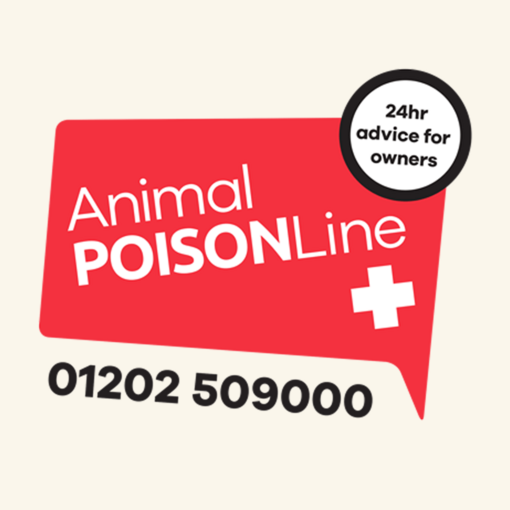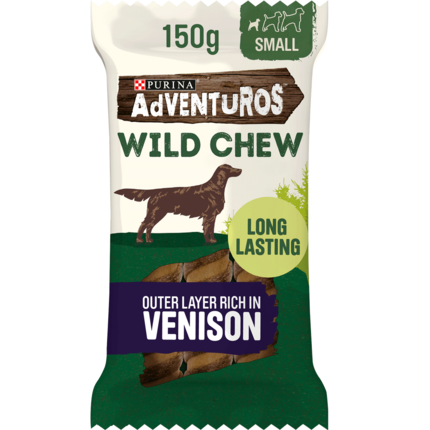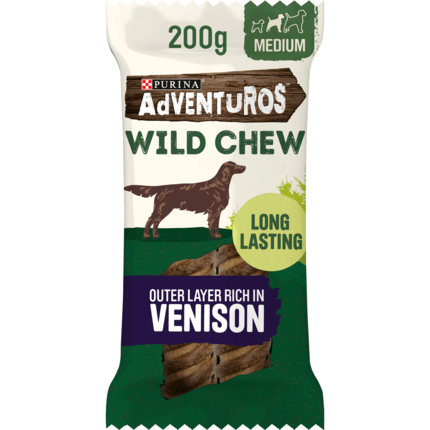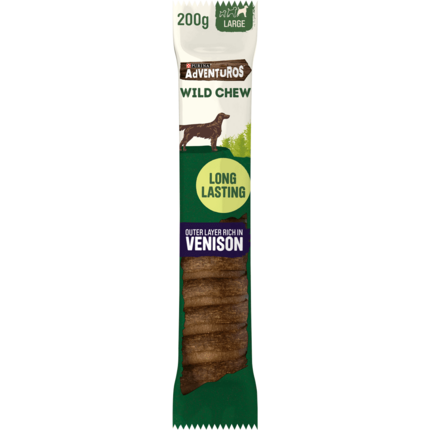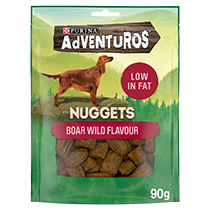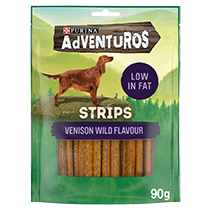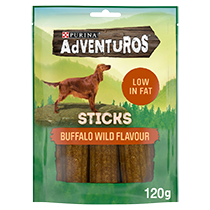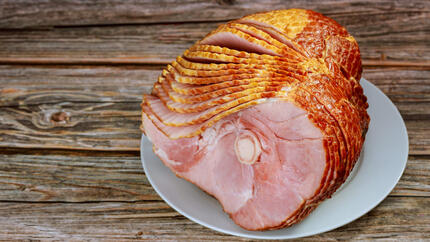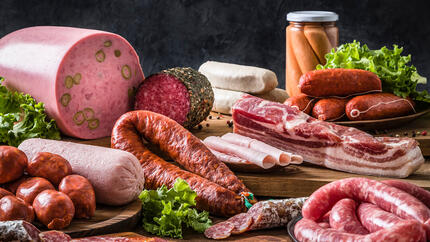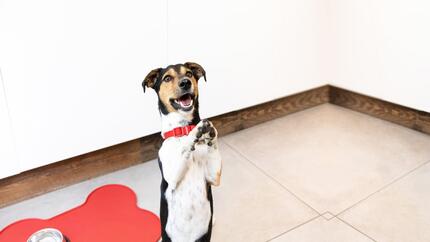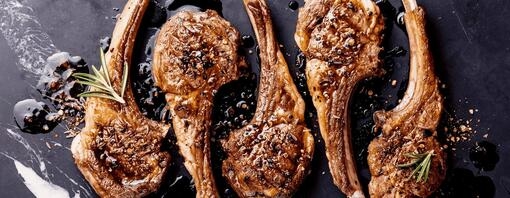
Most of us will have grown up thinking that dogs can have bones. You’ve probably seen dogs with bones on the television, or in books, or you might have seen dogs enjoying bones in real life. This well-known pairing of dogs and bones has caused many owners to believe that giving their dog a bone is perfectly okay… but unfortunately this is not the case.
In fact, in some cases, giving your dog bones can actually be very dangerous for your pup, as they can easily chew pieces or splinters off, and this can lead to nasty obstructions in the digestive tract which can even be fatal. And even smaller pieces of bones can still cause injury to the mouth, throat, and digestive tract, resulting in pain, discomfort, choking and gagging. Read on to find out why you should avoid giving bones to your beloved four-legged friend.
Can dogs eat lamb bones?
Many owners will wonder, can dogs have lamb bones? We would always advise against giving your dog any kind of bones. Lamb bones can be really dangerous for your dog as, due to their size, pieces can be broken off when your dog is chewing, which can easily cause obstruction and damage to their gastrointestinal tract. Cooked bones are especially dangerous as they become brittle and can easily splinter, causing intestinal perforations and very serious injury.
You may also have heard that giving your dog a bone is good for their nutrition, as well as their teeth. However, your dog should be able to get all the nutrients they need from a high-quality diet, and you can read our article ‘How to look after your dog’s teeth’ for advice on how to keep your dog’s pearly whites in tip-top condition. In summary, you can keep your dog perfectly healthy without ever putting them at risk by giving them bones.
Why eating lamb bones can be bad for dogs
We’ve already mentioned some of the reasons why it can be dangerous to feed your dog bones, but now let’s look into this in a little more depth:
Bones can break causing internal damage and obstructions
When your dog chews on a bone, chunks will inevitably break off and, if the chunks are fairly small, they are likely to have sharp edges which can scratch and damage the mouth, throat or digestive tract. They may also become lodged and cause choking, which is both uncomfortable and painful for your pup. Choking and internal damage are also a risk with smaller bones, such as chicken bones, which dogs are often able to eat whole or chew up.
Also, if your dog breaks off and swallows a larger piece of bone this can cause an obstruction in the gastrointestinal tract. These obstructions are extremely dangerous as they often prevent food from moving through the digestive system properly, which can result in vomiting, diarrhoea and an extremely poorly pup. Many of these obstructions are fatal if surgery is not carried out very quickly, and even then, there can be severe (and sometimes irreparable) damage to your pup’s digestive system.
Because of this, we would always strongly advise against feeding any bones to your dog and, if you are suspicious your dog may have accidentally ingested a bone – or anything else that could obstruct or damage their gastrointestinal tract – it’s essential that you get in touch with your vet straight away!
How to prevent problems with bones
If you have a particularly mischievous pup who likes to scavenge (Labrador pups are infamous for this!) it’s really important that, if they have a history of eating things they shouldn’t such as plastic or bone, you are really careful that they don’t have the opportunity to pick these objects up both in the house but also when you are out and about. You can do this by walking them on the lead or, if you plan to walk them off the lead, making sure you are always able to keep a close eye on them and, if this isn’t always possible, it may be worth popping a muzzle on them to prevent them from scavenging and keep them safe.
However, if you actually see your dog eat something they shouldn’t, it’s best to get in touch with your vet straight away! They will normally ask you about the size and material of the object ingested and will advise you whether or not your dog needs to be seen. It’s important for owners to remember that in cases of obstruction, the quicker your pup is seen by a vet the better, as prompt intervention is often key in these cases!
If you are worried that your dog has sneaked off and eaten something they shouldn’t have, it’s important to know which signs to look out for.
What are the signs of a gastrointestinal obstruction and/or damage to the digestive tract?
These are some of the signs that could indicate that your pet has ingested something that is causing internal damage or obstruction:
- Choking and/or coughing
- Coughing up blood
- Excessive salivation
- Blood in the saliva
- Difficulty eating
- Not wanting to eat
- Lethargy
- Becoming withdrawn
- Retching
- Vomiting
- Diarrhoea
- Straining when trying to pass faeces
- A sore or contracting abdomen
- Excessive whining and whimpering, as this may indicate pain
In conclusion, due to the risks we would always advise against feeding any type of bone to your pup, and we would also suggest that you do everything you can to prevent your pup from eating bones or any other objects both in the house and out on their walks (especially if they have a history of trying to do this!).
And, if you’ve got any other human foods you want to share with your canine friend, we’ve got plenty of helpful articles about what dogs can eat and what they should stay away from.



